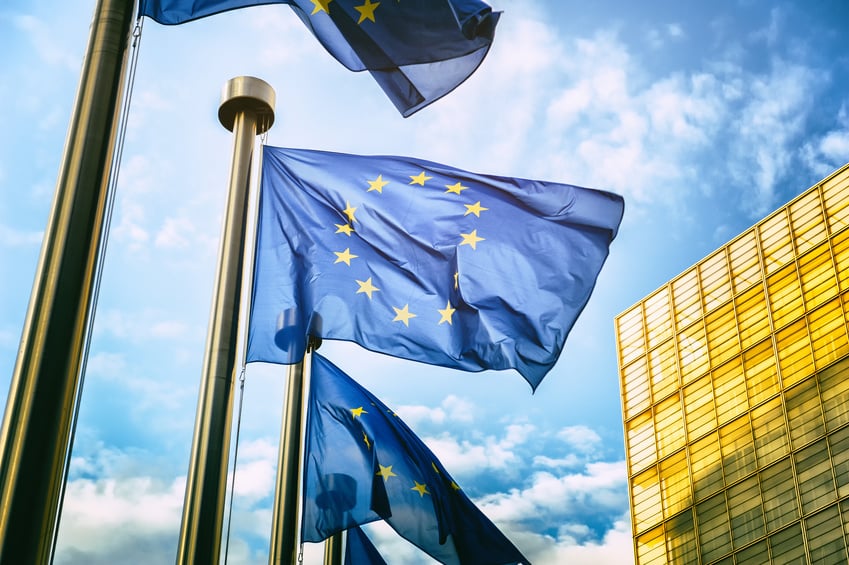On 16 March, the EU Commission launched a new tool which shall make it easier for individuals to alert the Commission about secret cartels and other antitrust violations while maintaining their anonymity.
Although individuals already previously had the opportunity to report antitrust violations to the Commission, until now, most cartels have been detected through the Commission’s leniency program. The Commission’s leniency program allows companies to report their own involvement in a cartel in exchange for immunity from fines or a reduction of fine. The new whistleblower tool shall now increase the number of individual whistleblowers by promising to protect the whistleblowers’ anonymity through a specifically-designed encrypted messaging system. The messaging system is run by a specialized external service provider who acts as an intermediary and who provides the Commission only with the content of received messages without forwarding any metadata that could identify the individual providing the information. In addition, the messaging system allows for two way communications. As well as allowing individuals to provide information, it enables the Commission to seek clarifications and details, thereby increasing the likelihood that the information received by the whistleblower will be sufficiently precise and reliable to enable the Commission to follow up the leads with an investigation.
Emphasizing the importance of the new tool, Commissioner Margrethe Vestager, in charge of competition policy, stressed that individuals’ “inside knowledge can be a powerful tool to help the Commission uncover cartels” and “can contribute to the success of our investigations quickly”.
The new whistleblowing system for individuals may indeed be capable of increasing the likelihood of detection of cartels within the EU. Similar, the German Federal Cartel Office has already been making use of an anonymous whistleblower tool since 2012 and claims it to be successful. For companies involved in cartels this would not only mean that the chance increases that they may be subject to cartel proceedings by the Commission but also that, in such cases, the chance decreases that they may obtain immunity from fines under the Commission’s leniency program. This is due to the fact that a company will only be granted immunity from fines in case the Commission did not yet hold sufficient information to either conduct unannounced inspections or establish an antitrust violations when the company made an application under the Commission’s leniency program. Contrary, should the Commission already have obtained the relevant information through an individual whistleblower, companies who cooperate with the Commission may at the most receive a reduction of fine for their cooperation. Not only, but also in light of the new Commission whistleblowing tool, it is hence advisable for companies to contemplate the implementation of internal compliance reporting tools (e.g., internal whistleblower hotline, ombudsman system, compliance declaration processes) in order to learn about potential antitrust violations in time and not only after an aggrieved employee has left the company.



